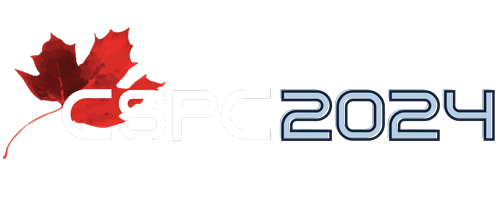After much anticipation, the Canadian scientific community has much to celebrate about the Federal Budget 2018 for two historic shifts; first a record investment in science, and second a new level of engagement and active participation of the scientific community in society and policy.
The budget 2018 provided hope for the future of science in Canada. In a five-year projection, the budget 2018 proposed $3.5 billion additional funding for science, of which $1,431M $950M is directed to the granting councils. Among the many other science-focused elements are incremental funding for indirect costs, substantial funding for CFI, a significant investment in the National Research Council and important provisions and funding for equity and diversity in science.
The budget 2018 investment, accounts for an almost 35% increase (7% annually) of the Federal government investment in science, currently of the order of $10-11 billion per year. Canada’s R&D investment as a percentage of GDP is 1.6%, well below the average in OECD nations (2.5%). While a large part of this is due to insufficient business investment in R&D, government investment in R&D remains below the average OECD nations. The much-anticipated report by the Council of Canadian Academies on the state of S&T and IR&D in Canada will be released soon and provide an accurate picture and clarity on the matter.
Budget 2018 sends a strong signal that the trend has changed, and that science, and in general R&D, are seen as central forces in building a knowledge driven economy and society. This entails sustained commitment to our science establishment.
The second historic shift, has been the growing maturity and engagement of the science community in the social and political process. This did not happened over a few months of just one year. The growing desire as well as capacity of the science community in more active engagement in societal issues, is a decade long process.
In fact, one of the early signs of this process was the creation of the Canadian Science Policy Conference (CSPC), and later on, the Canadian Science Policy Centre. Since its inception in 2009, as a grass-roots initiative driven mainly by younger researchers and policymakers, CSPC has provided a national and impactful forum for inclusive discussions on science and innovation policy. It has catalyzed discussion on the links between science and society and the role of evidence in policymaking. CSPC has played a central role in growing the capacity of the science community to engage in the larger national dialogue on science, technology, and innovation that has led up to this striking step function in public support for science.
There have been other pivotal events in the political maturity of the science community, including the 2015 federal election, massive expansion of social medial and connectivity of the community, the March for Science, to name a few examples. Last year, in response to the Fundamental Science Review Panel report and recommendations, we observed a culmination of these activities reflected in a concerted response from the community. The community spoke loudly and with one united voice; across all generations, regions, and domains of activity there was support for the central themes of the report.
If we come up with one solid lesson and experience to repeat and build upon is this bold participation of the scientific community in societal efforts. This means more than calls for additional funding; we need a focus on how we can ensure that scientific evidence and its essential role in policy making remains strong, and a deeper appreciation of why this is crucial for a healthy democracy and betterment of our citizens. Demonstrating the role of science in economic development and social well-being is a task that needs to be continued.
Yes, there is much to celebrate, not because of what we have accomplished in the budget, but also what we can and should accomplish in future.


